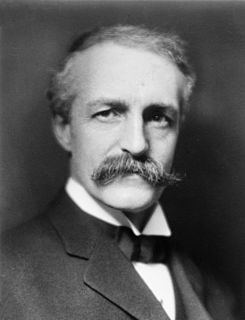A Quote by Saul Alinsky
In this world laws are written for the lofty aim of "the common good" and then acted out in life on the basis of the common greed.
Related Quotes
In this world laws are written for the lofty aim of "the common good" and then acted out in life on the basis of the common greed. In this world irrationality clings to man like his shadow so that the right things get done for the wrong reasons - afterwards, we dredge up the right reasons for justification. It is a world not of angels but of angles, where men speak of moral principles but act on power principles; a world where we are always moral and our enemies always immoral; a world where "reconciliation" means that when one side gets the power and the other side gets reconciled to it.
We have a common enemy. We have this in common: We have a common oppressor, a common exploiter, and a common discriminator. But once we all realize that we have this common enemy, then we unite on the basis of what we have in common. And what we have foremost in common is that enemy - the white man. He's an enemy to all of us. I know some of you all think that some of them aren't enemies. Time will tell.
What binds us together is not common education, common race, common income levels, common politics, common nationality, common accents, common jobs, or anything else of that sort. Christians come together because they have all been loved by Jesus himself. They are a band of natural enemies who love one another for Jesus' sake.
If mind is common to us, then also the reason, whereby we are reasoning beings, is common. If this be so, then also the reason which enjoins what is to be done or left undone is common. If this be so, law also is common; if this be so, we are citizens; if this be so, we are partakers in one constitution; if this be so, the Universe is a kind of Commonwealth.
All violation of established practice implies in its own nature a rejection of the common opinion, a defiance of common censure, and an appeal from general laws to private judgment: he, therefore, who differs form others without apparent advantage, ought not to be angry if his arrogance is punished with ridicule; if those whose example he superciliously overlooks, point him out to derision, and hoot him back again into the common road.
Constitutions are not designed for metaphysical or logical subtleties, for niceties of expression, for critical propriety, for elaborate shades of meaning, or for the exercise of philosophical acuteness or judicial research. They are instruments of a practical nature, founded on the common business of human life, adapted to common wants, designed for common use, and fitted for common understandings.
Laws which authorize and promote abortion and euthanasia are therefore radically opposed not only to the good of the individual but also to the common good; as such they are completely lacking in authentic juridical validity. Disregard for the right to life, precisely because it leads to the killing of the person whom society exists to serve, is what most directly conflicts with the possibility of achieving the common good. Consequently, a civil law authorizing abortion or euthanasia ceases by that very fact to be a true, morally binding civil law.
To be actively pro-life is to contribute to the renewal of society through the promotion of the common good. It is impossible to further the common good without acknowledging and defending the right to life, upon which all the other inalienable rights of individuals are founded and from which they develop.



































